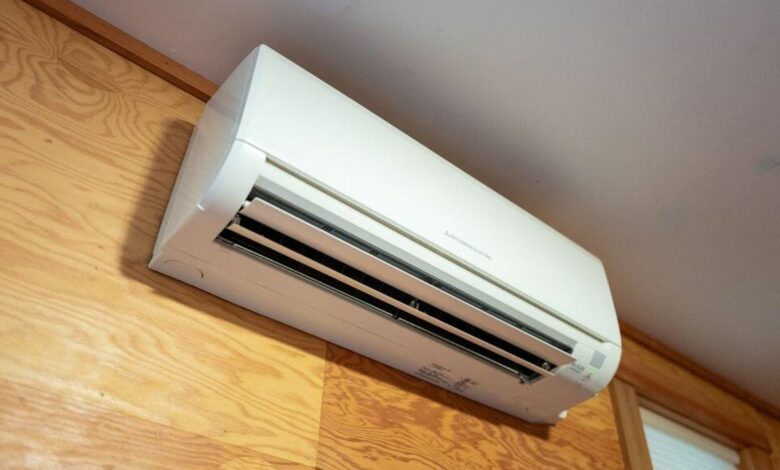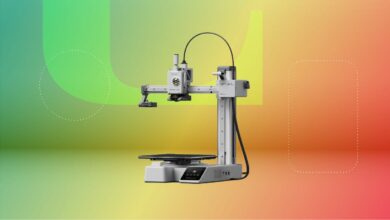Save on heat pumps through tax benefits and discounts

Most people who want to remodel their home have their sights set on glamorous projects, such as remodeling a kitchen or bathroom.
Another big investment you can make in a largely unseen part of your home is your heating and cooling system. While it may not be the perfect material for an Instagram before-and-after post, money spent on something like a new heat pump can make your home a lot more comfortable.
This is a great time to install or upgrade heat pumps in your home, as there is a wealth of federal and local government funding available to help you do so.
“There are countless opportunities to pass the savings on to yourself,” says Katie Davis, VP of Engineering and Technology for Residential HVAC at Trane Technologies.
So how much money can you knock off the sticker price of a heat pump system? Here’s your guide to the financial incentives that are available now.
How much does a heat pump cost?
As with any major home improvement, there are varying costs. According to Davis, a heat pump system, including parts and installation, can cost $6,000 to $10,000 on the low end. A top-of-the-line system can cost between $6,000 and $20,000.
The biggest variable, aside from your home’s specifications, is the type of equipment you choose. Higher efficiency systems (which result in greater savings on your energy bill) cost more up front compared to lower efficiency systems.
“It can vary quite a bit depending on what you’re looking for,” Davis said.
Federal Tax Credits and Incentives for Heat Pumps
The largest pot of money at the federal level for air source heat pumps is currently the credit for energy-efficient home improvements. Part of the Inflation Reduction Act, this program allows you to claim 30% of the cost, up to $2,000, of a heat pump that meets certain efficiency standards.
The rebate is a tax credit, which means you pay for the system up front and then file a form that reduces your tax bill for that year. You can apply the credit to the total cost of the project, including labor.
A separate program, which is also part of the IRA, is the residential clean energy creditThis tax deduction only applies to geothermal heat pumps (not air source heat pumps) and allows you to get back up to 30% of the project costs, with no upper limit.
The final portion of the IRA that applies to heat pumps is still being rolled out. The federal law allocates $8.8 billion to states for Home Energy Rebates, meaning states can offer additional rebates for heat pumps. Each state develops its own guidelines, so Keep an eye on your state updates.
“It’s just so new, they’re not all available yet,” Davis said.
New York recently became the first state to roll out its discounts on household energy, the so-called EmPower+ programThis discount can be up to $8,000, depending on family income.
How to Find State, Local, and Utility Grants for Heat Pumps
Long before the IRA came along, many states had their own programs that gave money for home energy improvements. These could be tax credits or outright rebates on the price of a heat pump.
To find out what is available in your state, check with your utility company or the government website. A quick search for programs in your state may reveal even more rebates that you can apply to a heat pump.
“You can install a very nice system at a lower cost, because of the money that is available,” Davis said, noting that Trane’s website also has a tool where you can enter your zip code and view the local, state, and federal subsidies that apply to a particular heat pump.
Is a heat pump worth it?
It all depends on your personal situation.
“A lot of people don’t think about their HVAC,” Davis said. But if you have an older heating system, now is a good time to think about a new heat pump.
The technology itself has advanced a lot in the last decade, meaning new units are very efficient and can save you a lot of money. “You’ll see the difference on your bill, and I think that’s what a lot of homeowners care about,” Davis said.
In addition, a new heat pump can significantly improve the comfort in your home. Don’t forget that heat pumps can also serve as both heating and air conditioning.




